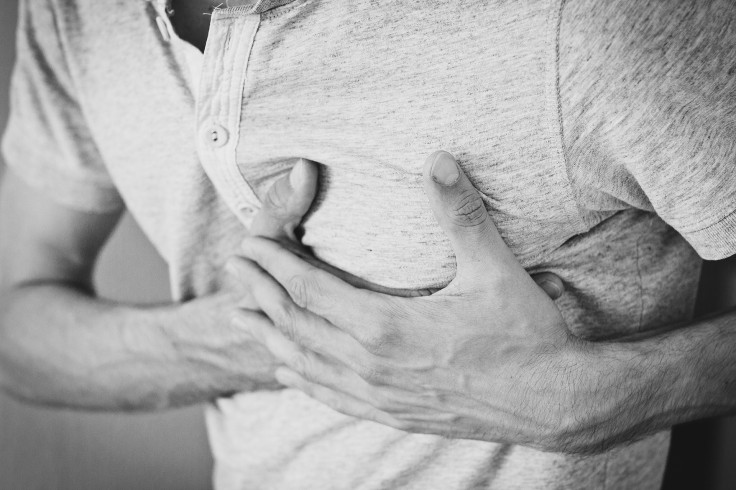Coffee Health Risks: Drinking More Than One Cup Could Increase PVC-Related Heart Palpitations

KEY POINTS
- A study published Thursday found that coffee drinkers experienced 154 daily premature ventricular contractions
- They only saw 102 PVCs on days they avoided drinking caffeinated coffee
- PVCs can cause palpitations, and there is evidence they can lead to heart failure
Drinking coffee increases the number of extra heartbeats a person experiences every day, a study published Thursday found, and this could result in more heart palpitations.
The research, which involved 100 ambulatory participants from San Francisco with a mean age of 39, determined that the consumption of caffeinated coffee did not result in significantly more premature atrial contractions (PAC) per day.
However, it did find that those who drank such beverages saw 154 daily premature ventricular contractions (PVC) compared to the 102 they experienced on days when they avoided coffee.
PACs are extra heartbeats that start in one of the heart's two upper pumping chambers, the atria, while PVCs begin in the lower chambers, the ventricles.
These extra beats disrupt the heart's regular rhythm, and they sometimes cause a sensation of a fluttering, also known as palpitations, the Mayo Clinic explained.
In addition to observing a change in daily PVCs, the study also discovered that those who drank coffee took an average of 1,058 more steps daily.
They also got around 36 minutes less sleep compared to days when they avoided coffee.
The results of the study published in The New England Journal of Medicine "provides some compelling evidence that experimenting with (going) off coffee might be worthwhile in those individuals who experience bothersome palpitations related to PVCs," lead author Dr. Gregory Marcus said.
Marcus, who is a cardiologist and professor of medicine at the University of California, San Francisco, said there is also evidence in some people that more PVCs can lead to a general weakening of the heart or heart failure, according to a CNN report.
Despite his team's findings, Marcus insists that "there's certainly no imminently dangerous effects of drinking coffee."
Peter Kistler, the head of electrophysiology at the Alfred Hospital in Melbourne, Australia, also cautioned that the research was "a short-term study in healthy volunteers."
"This provides no information on the long-term benefits or adverse effects of long-term coffee drinking. This does not provide information on the impact of coffee in people with other health conditions, and generally (the study participants) consumed modest amounts of coffee," he said.

© Copyright IBTimes 2024. All rights reserved.





















